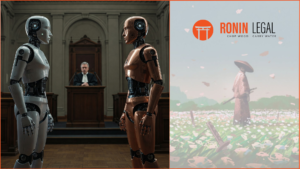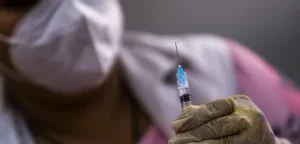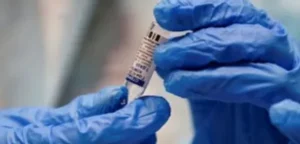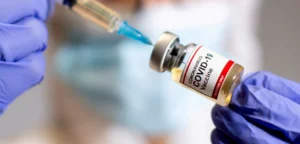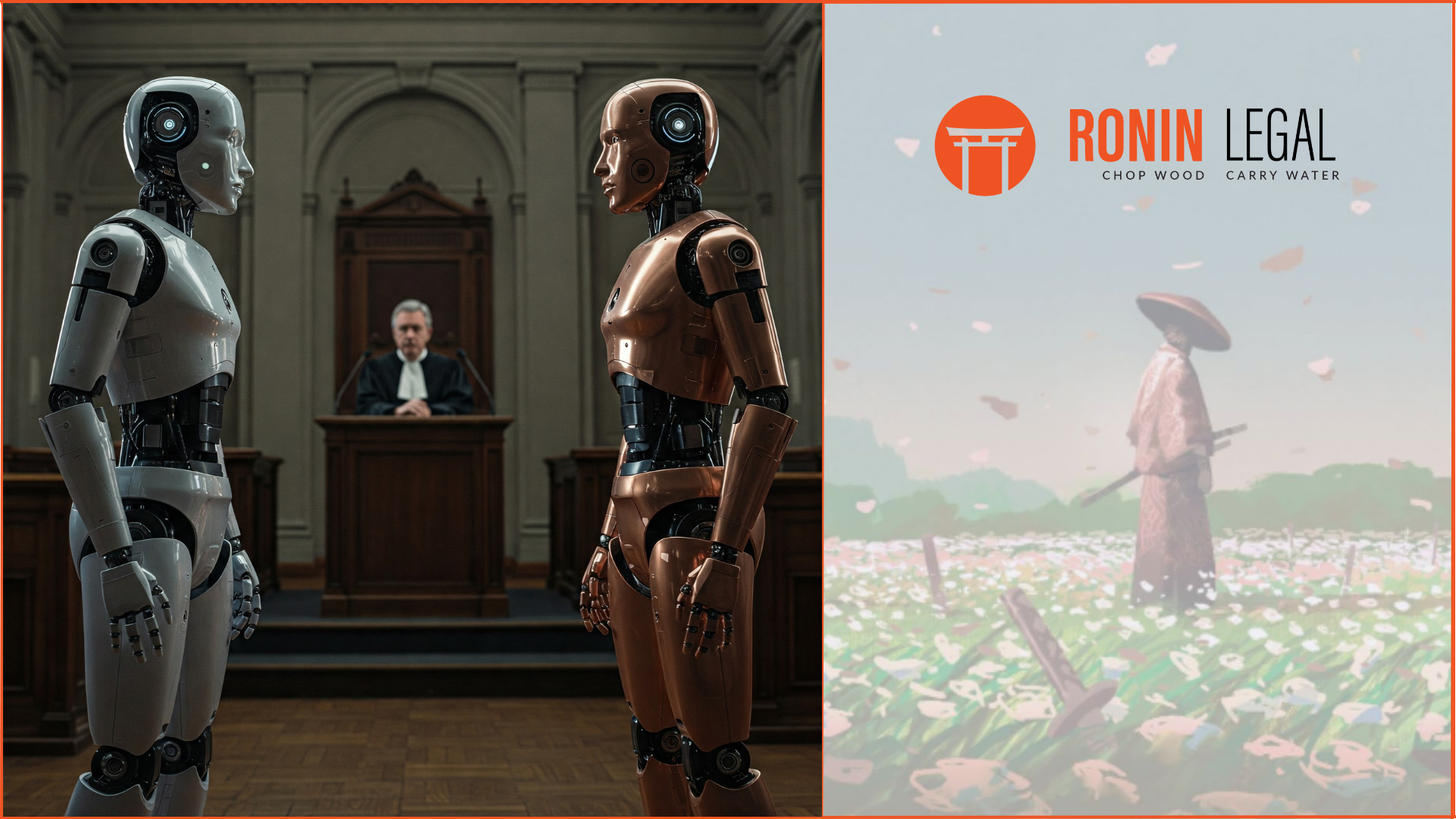Here’s what you will find in this week’s AI updates:
- Prominent authors including Franzen, Grisham, and Martin sue OpenAI
- CEOs of major companies discuss AI in Congress
- OpenAI launches DALL-E 3 integrated with ChatGPT
- Microsoft’s Github accidentally exposes sensitive internal data
- Britain’s anti-trust regulator introduces principles to prevent AI monopoly
- Google’s DeepMind introduced an AI tool that predicts disease-causing genetic mutations
PROMINENT AUTHORS INCLUDING FRANZEN, GRISHAM, AND MARTIN SUE OPENAI
On 19th September, 2023, more than a dozen well-known novelists including John Grisham, Jonathan Franzen, George R.R. Martin filed a complaint against OpenAI in Southern District of New York, for copyright infringement by using their books to train OpenAI’s ChatGPT. The complaint mentioned that OpenAI’s chatbots can produce derivative works that can mimic and summarize author’s books, including minor details not available in reviews or elsewhere, suggesting the books were used to train the program without authors’ permission.
This is the third case filed against OpenAI for alleged copyright infringement. The first two class action suits alleging copyright infringement of literary works, were filed in June, 2023 and July, 2023, respectively.
CEOs OF MAJOR COMPANIES DISCUSS AI IN CONGRESS
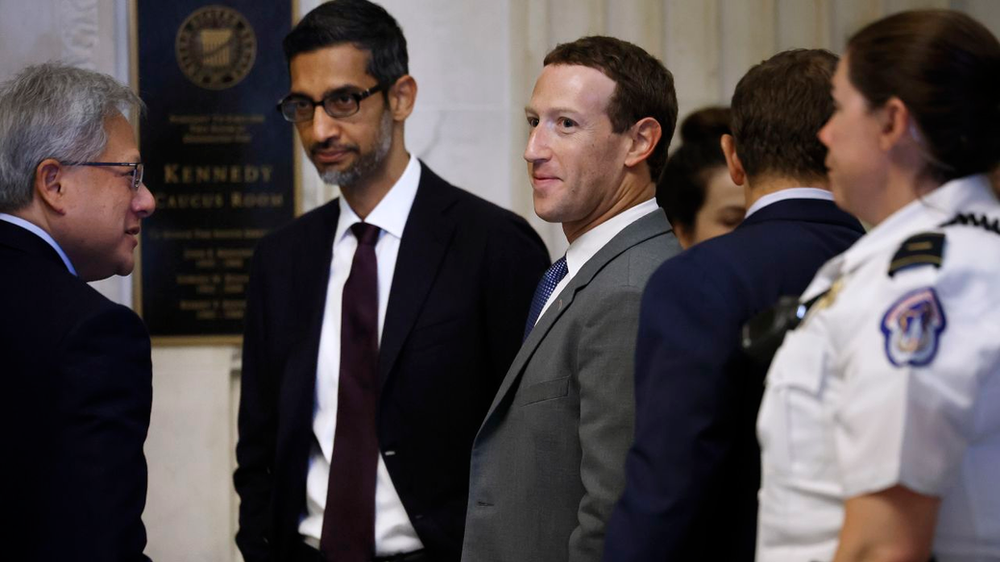
On 13th September, 2023, nearly two dozen CEOs of major companies, which include Mark Zuckerberg (Meta), Satya Nadella (Microsoft), Sundar Pichai (Alphabet), Elon Musk (Tesla), and Sam Altman (Open AI), appeared before the US Congress to discuss dangers of unfettered AI development. The forum discussed role of government in regulating AI, although no consensus was reached on licensing requirement. However, there was a general agreement on the government having a regulatory role in AI. Elon Musk emphasized the ‘civilizational risk’ associated with AI, while Mark Zuckerberg stressed on government’s responsibility to regulate AI.
OPENAI LAUNCHES DALL-E 3 INTEGRATED WITH CHATGPT
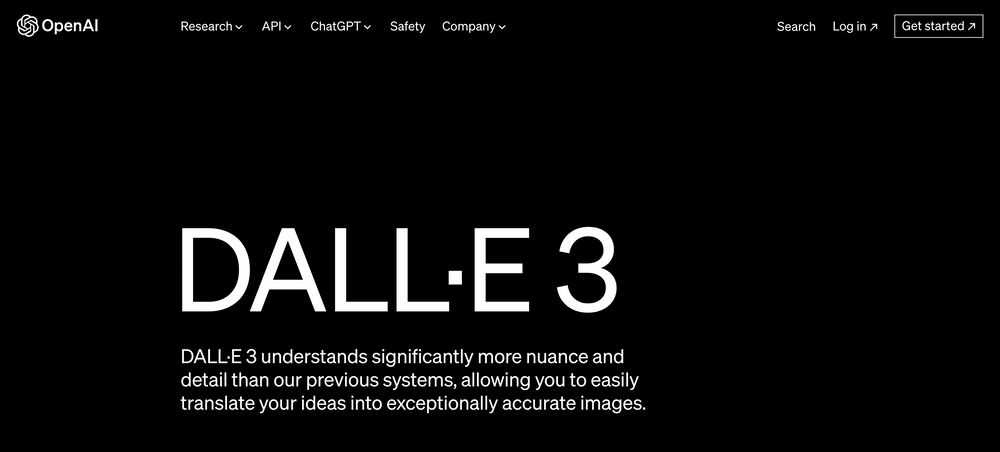
OpenAI is ready to launch DALL-E 3, a generative AI visual art platform, integrated with ChatGPT. This is expected to enhance prompt creation by understanding the context better and reducing the need for detailed instructions. The phased release of DALL-E 3 is set to start in October. Safety measures have been improved in order to prevent inappropriate images and to maintain ethical standards.
MICROSOFT’S GITHUB ACCIDENTALLY EXPOSES SENSITIVE INTERNAL DATA
On 19th September, 2023, Microsoft’s Github accidentally exposed close to 38 terabytes of sensitive internal information through a Github repository called “robust-models-transfer”, which belonged to Microsoft’s AI research division. Due to misconfigured permissions, the repository granted access to a storage account, which contained data including Microsoft employees’ personal computer passwords, secret keys, over 30,000 internal Microsoft Teams messages, and other sensitive internal information.
BRITAIN’S ANTI-TRUST REGULATOR INTRODUCES PRINCIPLES TO PREVENT AI MONOPOLY
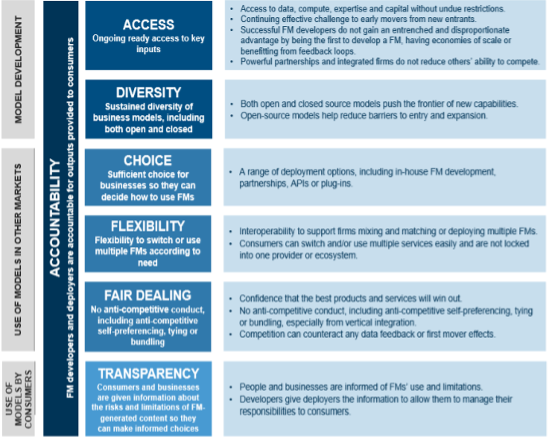
On 18th September, 2023, Britain’s Competition and Markets Authority (CMA) set out seven principles in a report, to regulate AI models from being dominated by a few tech companies. It listed accountability, access, diversity, choice, flexibility, fair dealing, transparency. The report emphasized that although AI models can bring innovations and economic growth, it can also bring misleading information and power concentration.
GOOGLE’S DEEPMIND INTRODUCED AN AI TOOL THAT PREDICTS DISEASE-CAUSING GENETIC MUTATIONS
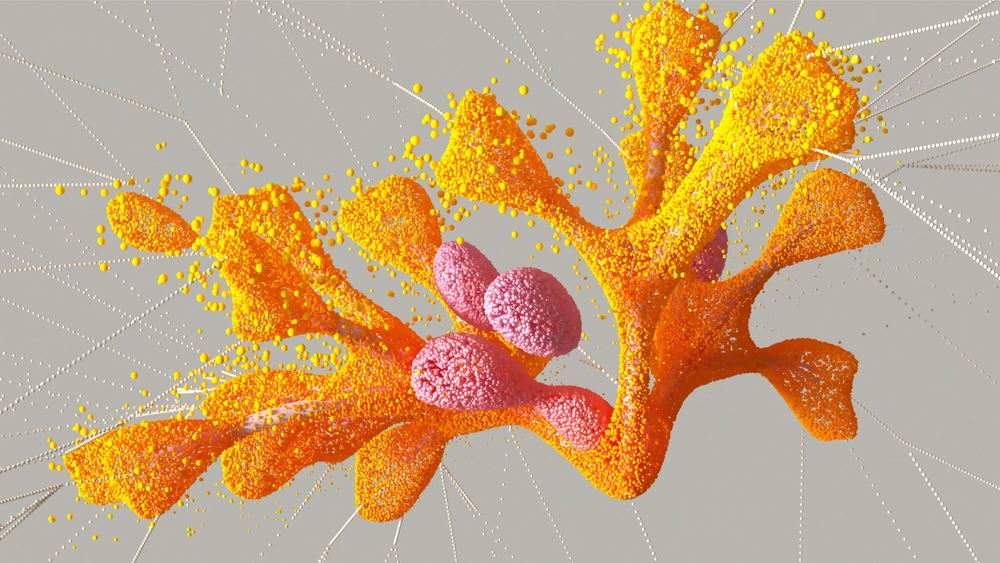
On 19th September, 2023, Google’s DeepMind launched an AI tool called ‘AlphaMissense’ that can predict whether genetic mutations are likely to cause a disease or not. It was trained on real DNA from humans and primates to learn common missense mutations, and millions of protein sequences to learn the structure of health protein.
It analysed 71 million mutations in human proteins to find out that 32% of them are likely harmful. It is expected to identify new links between mutations disorders to help better treatments.
Authors: Keshav Rathore, Shruti Gupta





